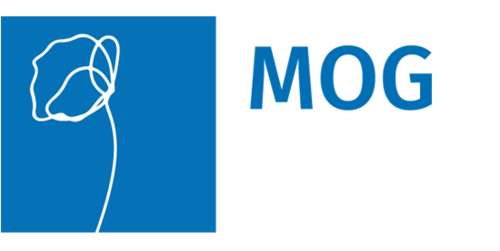Description of the project
Effi Papatheodorou, daughter of a resistance fighter and today one of the most popular actresses in Greece
The project is divided in two phases. At the first phase the interviews will be conducted.
The recording of interviews is very important because the number of witnesses is reduced day by day. The objective is to cover a representative sample of various witness categories, such as resistance fighters, concentration camp inmates, Jews and political prisoners alike, Shoah survivors, witnesses of reprisal massacres etc.
The survivors of the German Occupation in Greece narrate their life- histories and they also have the chance to narrate their personal postwar "german- greek" experience. The interviews provide an opportunity to preserve history from oblivion and they are an indispensable element of the Greek culture of remembrance.
The fact that the interviews have been conducted 70 years after the war makes the archive an exemplary historical source. Such a comprehensive collection of interviews has not been done before in Greece.
The interviews are coordinated by Prof. Dr. Hagen Fleischer from University of Athens.
In the second phase, an online portal with the interviews will be created, the interviews will be preserved in their digital format and will be supplemented with other sources and materials such as keywords, headings, tab and qualitative information / summaries etc. An improved search and user functionality will be available. Educational materials based on the interviews will be developed to complement the online selection. Upon registration, the following materials will be available:
- Interviews (audio / video)
- Transcripts
- Translations (if available)
- Photographs and documents
- Short biographies
- Further information
Various search options (persons, metadata and full-text search) will allow a directed access to the interviews, complemented by additional materials. Students and researchers, but also pupils can search within the interviews according to sub collections, groups, places or specific experiences and watch or listen to the search results online. A selective thematic access to individual parts of the interviews will be possible. In a web-based editing system, the interviews will be indexed according to places, camps, companies and persons and structured by main- and sub-headings.
The team of the project consists of selected young researchers from Greek and German universities. The project will be integrated into the research, as well as into education in Greece and Germany. The archive will be presented at conferences concerning Oral History, museum education as well as National Socialism and memory cultures. The project encourages the common understanding of the two countries, Greece and Germany. This collection of interviews can also significantly contribute to reducing the lack of knowledge in Germany about German war crimes on Greek soil. The aim is also to create an intercultural dialogue between German and Greek young people.

